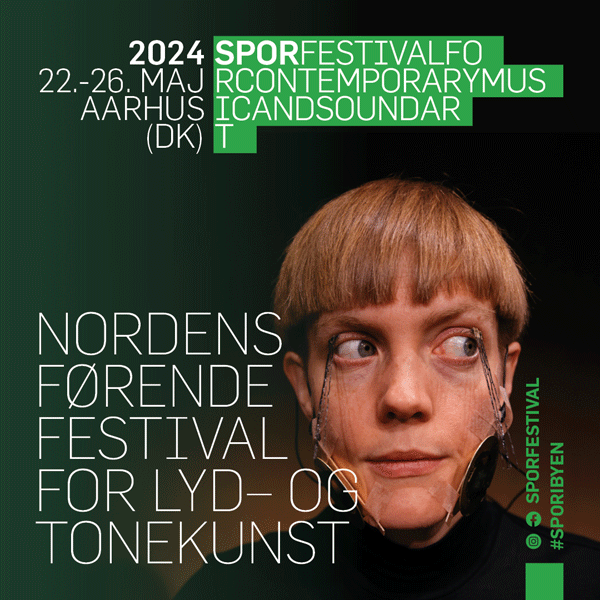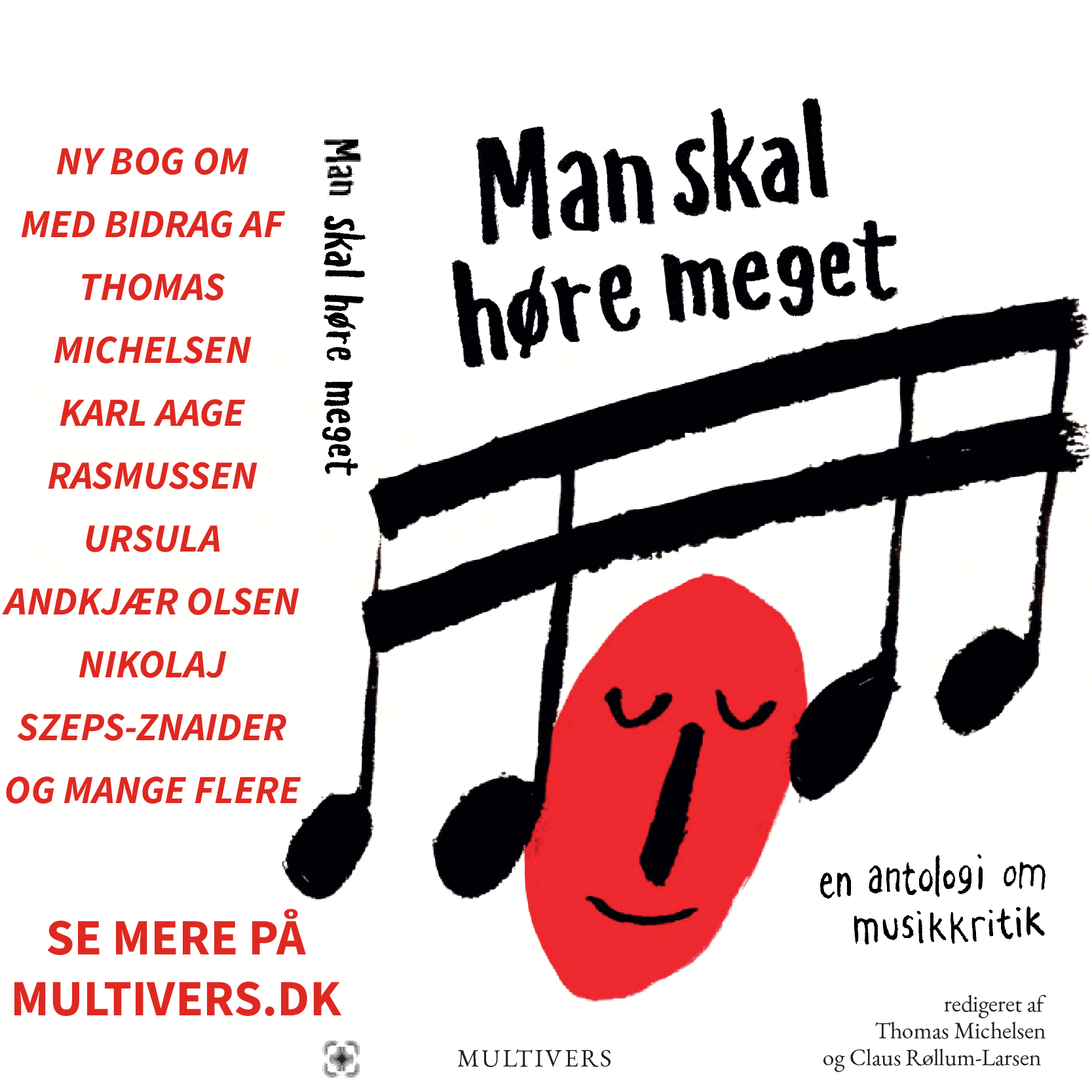The Danish Music Review
The Danish Music Review
The Organ Works of Bach
This season brings an unusual musicall event as all the organ works of Bach will be played at twenty concerts in the Frederiksberg Church. It was Georg Krarup, the organist of the church who inspired by the newly built organ with its baroque disposition - conceived the idea, and in order to carry out the concerts he chose four of the most capable and well-known organists to assist him, i. e. Georg Fjelrad, Ethan Rosenkilde Larsen, Svend-Ove Møller and Finn Viderø. Strictly speaking the idea is not new, as some few years ago all the orchestral works of Bach were played at a concert series in Copenhagen, but on this occasion a performance of no less than 176 different works is Planned. In this article Povl Hamburger, M.A., gives a survey of the various periods to which the works belong.
Scandinavian Music Days in Stockholm
In this article Frede Schandorf Petersen gives a survey of the »Scandinavian music days« Which took place in Stockholm from the 25th september to the lst october. Under the name of »Scandinavian music festival« these concerts with Scandinavian music have taken place every four years since 1888. During the war Sweden tried to maintain the Scandinavian music festivals alone, but on this occasion a collected representation of Scandinavian music took place for the first time after the end of the war. While the music festivals had previously been arranged on a large scale with subsidies from the state, this time the Swedish composers' association alone tried to finance them without any kind af subsidies from official institutions, and therefore the composers' association had placed the concerts in the ordinary concert life of Stockholm by arrangements with the local concert- and chamber- music associations. This arrangement was meant to be sort of transitial state until a new organisation had been created. The composers' association has established a »Scandinavian composers' council« consisting of reprentatives from the Scandinavian composers' .associations, and the task of this council was to find a satisfactory arrangement of future musie festivals. Now the question is if annual »Music fairs« are to be held where new music should be played written in the respective countries the past year no matter if this music is of actual or reprensentative interest to an audience or if the music festivals are to be maintained in their original shape, being held every four vears on a large seale, or if a third method might be applied by a combination of the two.
It will be tried to solve these problems, but no definite shape has yet been found.
In foreign countries Norwegian, Swedish, Finnish or Danish music it not regarded as a separate phenomenon but is generally taken as a whole under the name of Scandinavian music. The music festival - as it was held in Stockholm - was not without defects, as from the various countries not only new or actual musie had been sent but also many works written in the years from 1919-1936, and this, fact badly influenced the music festival. But in spite of this weak point in the arrangement the festival showed that so many different tendencies, are prevailing in the Scandinavian countries that the term of Scandinavian musie cannot justly be employed. as a common characterization. The Finnish representation showed that the art of Sibelius and the late-romantic tendencies are heavily influencing the Finnish composers. Properly speaking Sulho Ranta's string quartet was the only work, that without being extraordinarily new showed a composer with a personal expression.
Among the Norwegian works Harald Sæverud's »Gjætlevise-Variationer« were remarkable; the work has a very fine atmosphere, and the variations have been constructed with a surprising abundance of imagination.
Sweden had rather few representatives; the violin concert of Karl-Birger Blomdahl, the young composer, who had already introduced himself favourably at the I.S.C.M. festival in Copenhagen (Lund) revealed a seriously working and capable artist going his own way.
In the last issue of D.M.. (page 000) the Danish program was stated but besides the works mentioned there a sinfonietta by Knudåge Riisager and an Intrada by Peder Gram were played. The most considerable works were the piano sonata no. 2 by Niels-Viggo Bentzon, and the chamber concert, for viola and orchestra by Vagn Holmboe.- The only domain in which Scandinavian composers are approaching in spirit and character is the art of romance richly represented by all of the four countries.
The Castle-Theatre of Drotningholm
(180-183)
In this article Frede Sehandorf Petersen gives an account of the old castle-theatresituated next to the castle of the Swedish king outside Stockholm. At this theatre the opera of Mozart »Bastien and Bastienne« was performed with original decorations and costumes, even the orchestra was, dressed in old rococo-costumes. The theatre which was built at the end of the 18th century is almost completely preserved in its original shape. Certainly the beautiful theatre building is not the only existing in Europe from this time, but it, is the only known theatre which has preserved its original and excellently working theatre-machinery as well as a large collection of well preserved decorations from the 18th century. This theatre is an inestimable treasure which might raise the fame of Sweden among music lovers throughout the world if it were employed for performances of the old renaissanceand baroque-operas on a scale corresponding to that of music festivals.
Danish Music on Grammophone Records
The clarinet-concert by the Danish composer Carl Nielsen belonging to the most valuable works from this period will be recorded for His Master's Voice by Louis Cahuzae, the famous French clarinetist with the royal Danish orchestra. (Det kongelige Kapel) conducted by John Frandsen, the young Danish conductor who, recently won a fine success for his performance of the opera »Peter Grimes« by Benjamin Britten. Furthermore Danish music is to be recorded with Professor Nikolai Malko as conductor.

